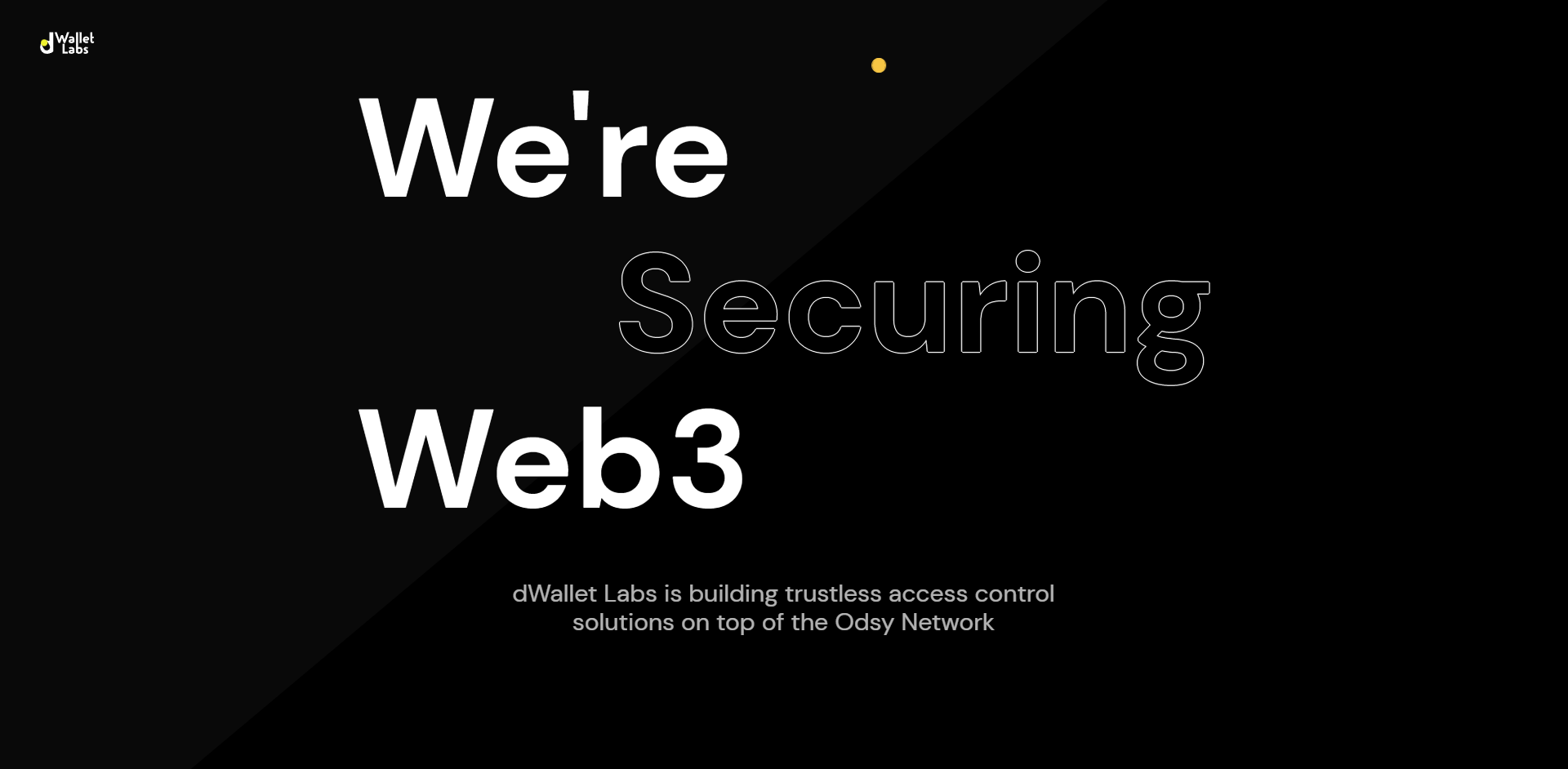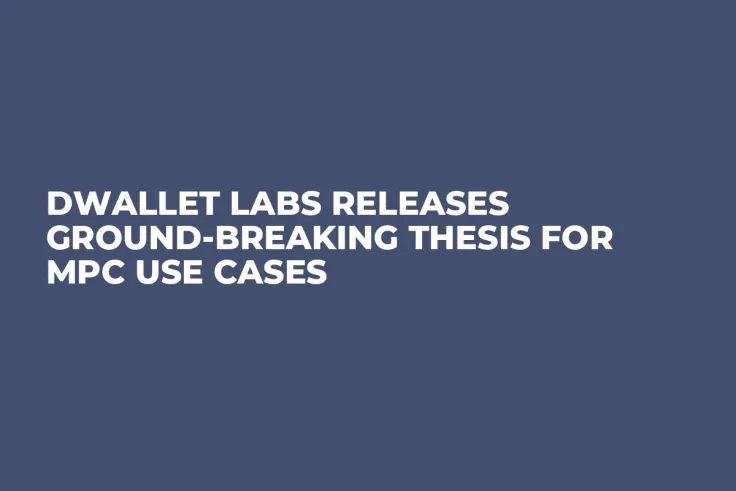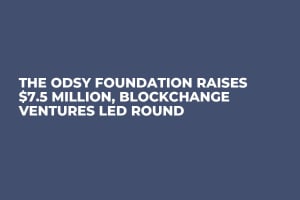With the new report published, all developers focused on multi-party computation use cases can start using a completely new execution design. It literally allows thousands of parties to process thousands of operations per second simlutaneously.
dWallet Labs publishes Tiresias, research of MPC cryptography with code samples
According to the statement shared by the dWallet Labs team, its Tiresias - a work that allows for massive-scale threshold Paillier settings with thousands of parties to be implemented in real-world scenarios - has finally been released.

The new development kicks off as an integral element of the development of the Odsy Network and the dWallet primitive. The code associated with the paper is designed to demonstrate its functionality.
Yehonatan Cohen Scaly, CTO at dWallet Labs and co-founder of Odsy Network, stressed the importance of such a development for the multi-party computations segment in 2023:
The problem with MPC protocols like these is that they either require a trusted setup or are limited by performance to a very small number of participants. The premise of Web3 is that the only way to be trustless is with strong decentralization, so having a small number of participants is just as unacceptable as having to trust one entity.
At the same time, modern MPC systems still have their implementations limited to a very small number of participants. Even the most decentralized systems so far include 10-15 participants. This status quo requires developers to seek novel solutions with more parties involved.
Blockchain developers can start experimenting with Tiresias right now
Dolev Mutzari, VP of Research at dWallet Labs and co-author of the Tiresias paper, explains the key rationales behind this workload of dWallet Labs:
Blockchains are built on top of a consensus layer that only exposes a reliable broadcast channel. This presents a massive challenge to integrate MPC protocols that require unicast communication into a blockchain setting. With Tiresias, unicast communication can be replaced by broadcast communication, remaining true to a blockchain design while also reducing the complexity of communication from quadratic to linear - or O(n) - potentially opening the door to threshold protocols with hundreds, thousands or even tens of thousands of participants.
Also, the new development will reduce the time required to generate one ECDSA signature for MPC-enabled systems. This, in turn, will unlock opportunities for high-performance and low-latency MPC dApps.
As covered by U.Today previously, in May 2023, Odsy, a Zug-registered nonprofit associated with Odsy Network and dWallet Labs, secured $7.5 million in funding.



 Dan Burgin
Dan Burgin Vladislav Sopov
Vladislav Sopov